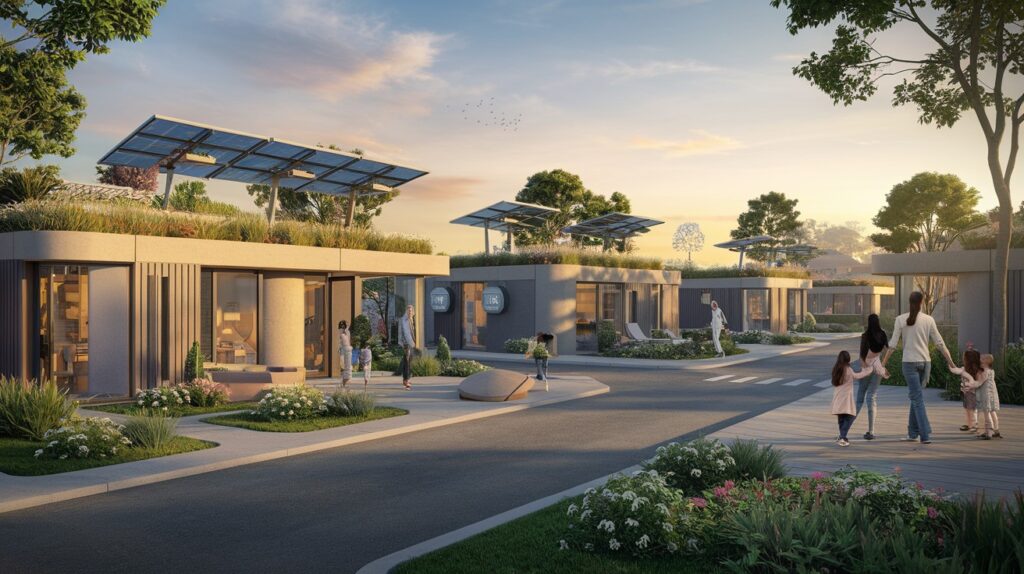Choosing the right type of house is one of the biggest lifestyle and financial decisions people ever make. Whether you’re excited about your own future, assessing the well-being of your family, or considering long-term investments, the kind of property you buy has a significant effect on both the quality of your life and your financial health. From modern condos to luxury penthouses and multi-family homes, every one comes with its own unique strengths and weaknesses.
In this article, we’ll take a closer look at different housing types and how they might fit into a secure, sustainable future.
The Case For Condominiums
Condos are often the first choice among individuals who look for trouble-free urban living. They’re typically located at the most desirable places, within commuting distance from the office space, entertainment hubs, and cultural centers. Condos also have shared amenities such as gyms, swimming pools, and lounges that make them appealing.
On the downside, condo owners are required to pay association fees, which escalate over time, and they do not have as much freedom in modifications compared to detached homeowners. Despite this, condos remain popular among young professionals and retirees due to convenience.
The Appeal of Penthouses
At the other end of the scale are penthouses, where prestige, privacy, and breathtaking vistas combine. These towered delights are marked by expansive floor plans, high-end finishes, and secluded amenities. Penthouses are more than a house—they’re a declaration of lifestyle and achievement.
But penthouses cost money and are pricey to upkeep. They also might be harder to sell in a slow market due to their niche status. For those willing and able to pay for them, though, they offer a living experience unparalleled.
Multi-Family and Split Homes
Splitting a house into units has become popular, especially in urban areas where property prices have skyrocketed. Here, families can stay together but separately, or property owners can make money by leasing out some portion of their property.
The major advantage is flexibility: households can alter the premises to different phases of life or investment objectives. However, shared amenities and upkeep fees sometimes result in disagreements among residents.
Long-Term Financial Implications
Viewing homes from a longer perspective, it’s not just lifestyle but prospective return on investment. Buyers need to take appreciation, rental attractiveness, and resale value into deep consideration.
Evaluating Investment Potential
When planning for long-term property value, is buying a condo a good investment depends largely on location, building quality, and market trends. Condos in high-demand areas often see steady appreciation and strong rental potential, while units in slower markets may grow more modestly. Choosing a well-located, well-maintained condo ensures it can provide both a comfortable home and a solid financial asset for the future.
Balancing Lifestyle and Security
Apart from price, housing choice is also dependent on lifestyle. A person who enjoys urban living might desire a penthouse or condo, while a family that values stability and space would consider detached houses or split houses. The ideal choice balances current needs against future adaptability and ensures the property as a secure anchor in the coming years.
Conclusion
Finding your ideal housing scenario for the long term is not about keeping up with the trends—it’s about aligning your property choice to both your personal lifestyle and financial future. If you decide on the minimalist elegance of a condo, the excess of a penthouse, or the ease of a multi-family home, the key is to view each choice in light of your intended-for future. Thoughtful decisions now can decide not only your comfort now but your financial stability later.

